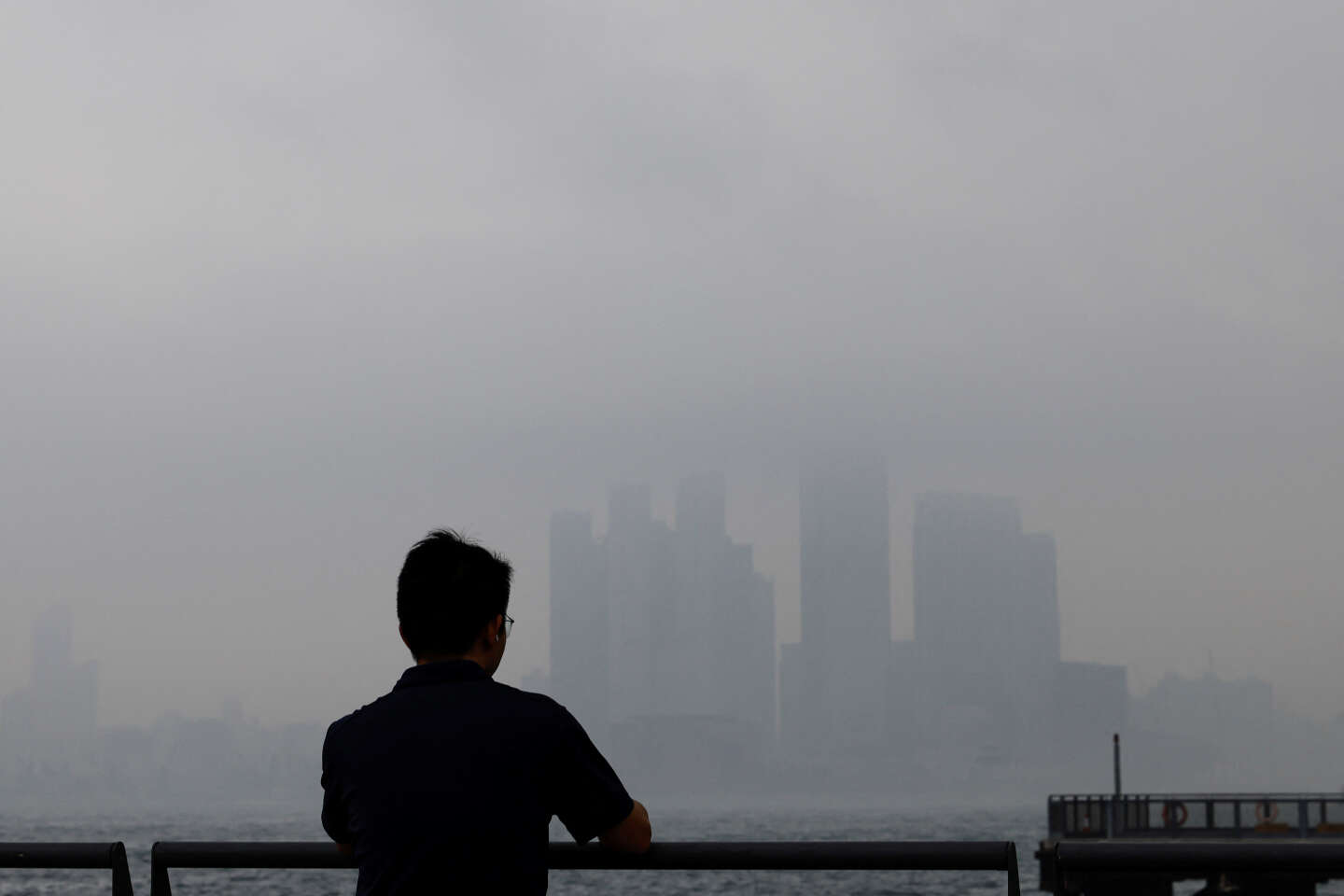
Hong Kong introduces its new national security law, which complements one imposed by China in 2020
Hong Kong authorities unveiled a new national security law on Friday, March 8, which stipulates crimes such as treason and rebellion punishable by life imprisonment.
This provision should complement the national security law imposed by Beijing in 2020 following major pro-democracy demonstrations in 2019 in Hong Kong. It lists five new categories of crimes in addition to those punishable by the 2020 text: treason, rebellion, espionage, sabotage, and foreign interference.
The bill proposes that treason, rebellion, subversion endangering national security and inciting Chinese military personnel to mutiny should be punished with life imprisonment.
The text also plans to expand the concept of “discord” – which dates back to the British colonial era – to include discontent with the communist leadership and the Chinese socialist system. It is also proposed that these “sedition” crimes be punished more harshly, by increasing the maximum sentence from two to seven years.
Under the bill, Hong Kong authorities will be able to ask a court to detain a person without charge for up to 16 days and prevent them from consulting a lawyer during their detention. Like the 2020 text, this new national security law will apply to alleged crimes committed abroad.
Concerns about freedom of expression
The text also suggests adopting a new definition of “State secrets” – Covers not only technology, but also… “Major political decisions” And “Economic and social development of the city” – It is also a crime to acquire and possess this type of information.
Hong Kong authorities revealed the content of the new draft law after a month of public consultations that ended on February 28. This was scheduled to be presented on Friday morning before the city's Legislative Council (LegCo).
Hong Kong Chief Executive John Lee said: “general consensus” Among Hong Kong residents to adopt the law ” as soon as possible “. Nearly 99% of 13,000 people questioned during public consultations expressed support for the creation of this new law, according to Hong Kong authorities.
For their part, journalists' associations, human rights organizations, foreign companies, and diplomats expressed their deep concern about this text, fearing that it would lead to further restrictions on freedom of expression.

“Unapologetic pop culture trailblazer. Freelance troublemaker. Food guru. Alcohol fanatic. Gamer. Explorer. Thinker.”
